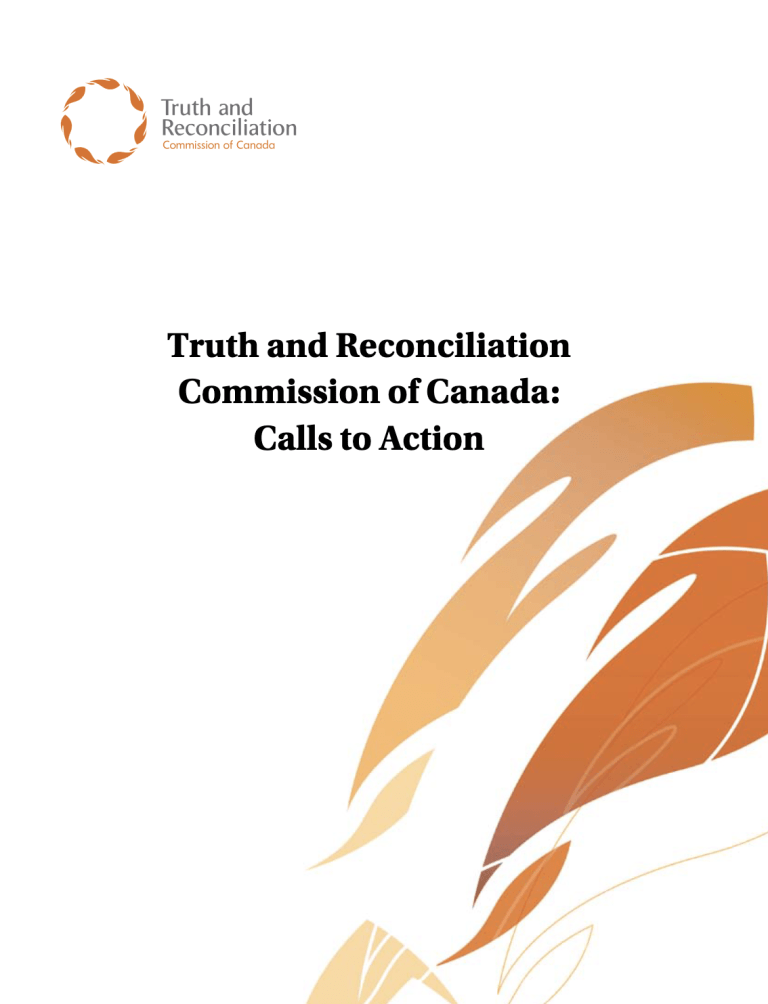33 search results
for
Provincial and territorial governments (General)
Legacy
Justice
Recommendation 31: We call upon the federal, provincial, and territorial governments to provide sufficient and stable funding to implement and evaluate community sanctions that will provide realistic alternatives to imprisonment for Aboriginal offenders and respond to the underlying causes of offending.-
Category and theme:
Audience:
Groups affected:
Legacy
Justice
Recommendation 33: We call upon the federal, provincial, and territorial governments to recognize as a high priority the need to address and prevent Fetal Alcohol Spectrum Disorder (FASD), and to develop, in collaboration with Aboriginal people, FASD preventive programs that can be delivered in a culturally appropriate manner.-
Category and theme:
Audience:
Groups affected:
Legacy
Justice
Recommendation 34: We call upon the governments of Canada, the provinces, and territories to undertake reforms to the criminal justice system to better address the needs of offenders with Fetal Alcohol Spectrum Disorder (FASD), including:- Providing increased community resources and powers for courts to ensure that FASD is properly diagnosed, and that appropriate community supports are in place for those with FASD.
- Enacting statutory exemptions from mandatory minimum sentences of imprisonment for offenders affected by FASD.
- Providing community, correctional, and parole resources to maximize the ability of people with FASD to live in the community.
- Adopting appropriate evaluation mechanisms to measure the effectiveness of such programs and ensure community safety.
-
Category and theme:
Audience:
Groups affected:
Legacy
Justice
Recommendation 36: We call upon the federal, provincial, and territorial governments to work with Aboriginal communities to provide culturally relevant services to inmates on issues such as substance abuse, family and domestic violence, and overcoming the experience of having been sexually abused.-
Category and theme:
Audience:
Legacy
Justice
Recommendation 38: We call upon the federal, provincial, territorial, and Aboriginal governments to commit to eliminating the overrepresentation of Aboriginal youth in custody over the next decade.Legacy
Justice
Recommendation 40: We call on all levels of government, in collaboration with Aboriginal people, to create adequately funded and accessible Aboriginal-specific victim programs and services with appropriate evaluation mechanisms.-
Category and theme:
Audience:
Groups affected:
Legacy
Justice
Recommendation 42: We call upon the federal, provincial, and territorial governments to commit to the recognition and implementation of Aboriginal justice systems in a manner consistent with the Treaty and Aboriginal rights of Aboriginal peoples, the Constitution Act, 1982, and the United Nations Declaration on the Rights of Indigenous Peoples, endorsed by Canada in November 2012.-
Category and theme:
Audience:
Groups affected:
Reconciliation
Canadian governments and the United Nations Declaration on the Rights of Indigenous People
Recommendation 43: We call upon federal, provincial, territorial, and municipal governments to fully adopt and implement the United Nations Declaration on the Rights of Indigenous Peoples as the framework for reconciliation.-
Category and theme:
Audience:
Groups affected:
Reconciliation
Royal Proclamation and Covenant of Reconciliation
Recommendation 47: We call upon federal, provincial, territorial, and municipal governments to repudiate concepts used to justify European sovereignty over Indigenous peoples and lands, such as the Doctrine of Discovery and terra nullius, and to reform those laws, government policies, and litigation strategies that continue to rely on such concepts.-
Category and theme:
Audience:
Groups affected:
Reconciliation
Equity for Aboriginal people in the legal system
Recommendation 52: We call upon the Government of Canada, provincial and territorial governments, and the courts to adopt the following legal principles:- Aboriginal title claims are accepted once the Aboriginal claimant has established occupation over a particular territory at a particular point in time.
- Once Aboriginal title has been established, the burden of proving any limitation on any rights arising from the existence of that title shifts to the party asserting such a limitation.
-
Category and theme:
Audience:
Groups affected:
